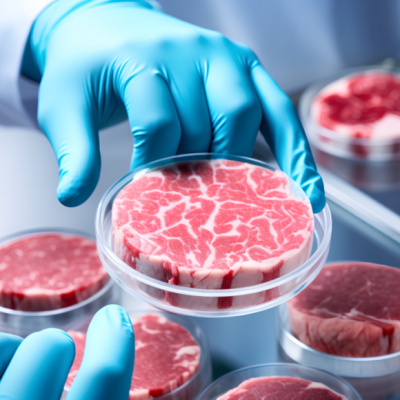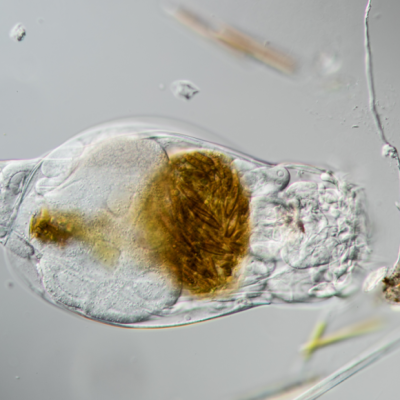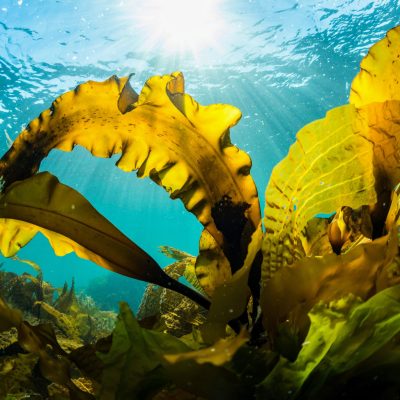In a groundbreaking discovery, scientists have found that diatoms, a type of algae, could potentially help break down plastic waste in the ocean. By manipulating the genes of the algae, they were able to produce an enzyme called PETase, which can break down the chain molecules of Polyethylene terephthalate (PET), a common plastic used in bottles and packaging. Plastic pollution is a major problem in the world’s oceans, with microplastics even reaching remote areas. The impact on the environment and human health is still not fully understood, but it is clear that new solutions are needed to combat this growing problem.
Previous research had shown that a synthetic enzyme could be developed to break down PET, but its efficiency was not yet sufficient to handle large amounts of plastic waste. Additionally, a bacterium called Ideonella sakaiensis was discovered in 2016 that could break down PET using the PETase enzyme, but it cannot survive in the ocean where most plastic waste is found. However, scientists at the University of Marburg have now introduced the genetic recipe for PETase into diatoms, which are commonly found in the ocean. Initial tests have shown that the algae can produce the enzyme and break down PET particles and films.
While the results are promising, further research is needed to improve the efficiency of the process and ensure the survival of the diatoms in the ocean. However, the potential for this eco-friendly recycling method is significant, and it could be used in large tanks to remove plastic waste from seawater. The ease of growing and genetically manipulating diatoms also makes this solution more feasible. With plastic pollution becoming an increasingly urgent issue, this discovery offers hope for a more sustainable future.










